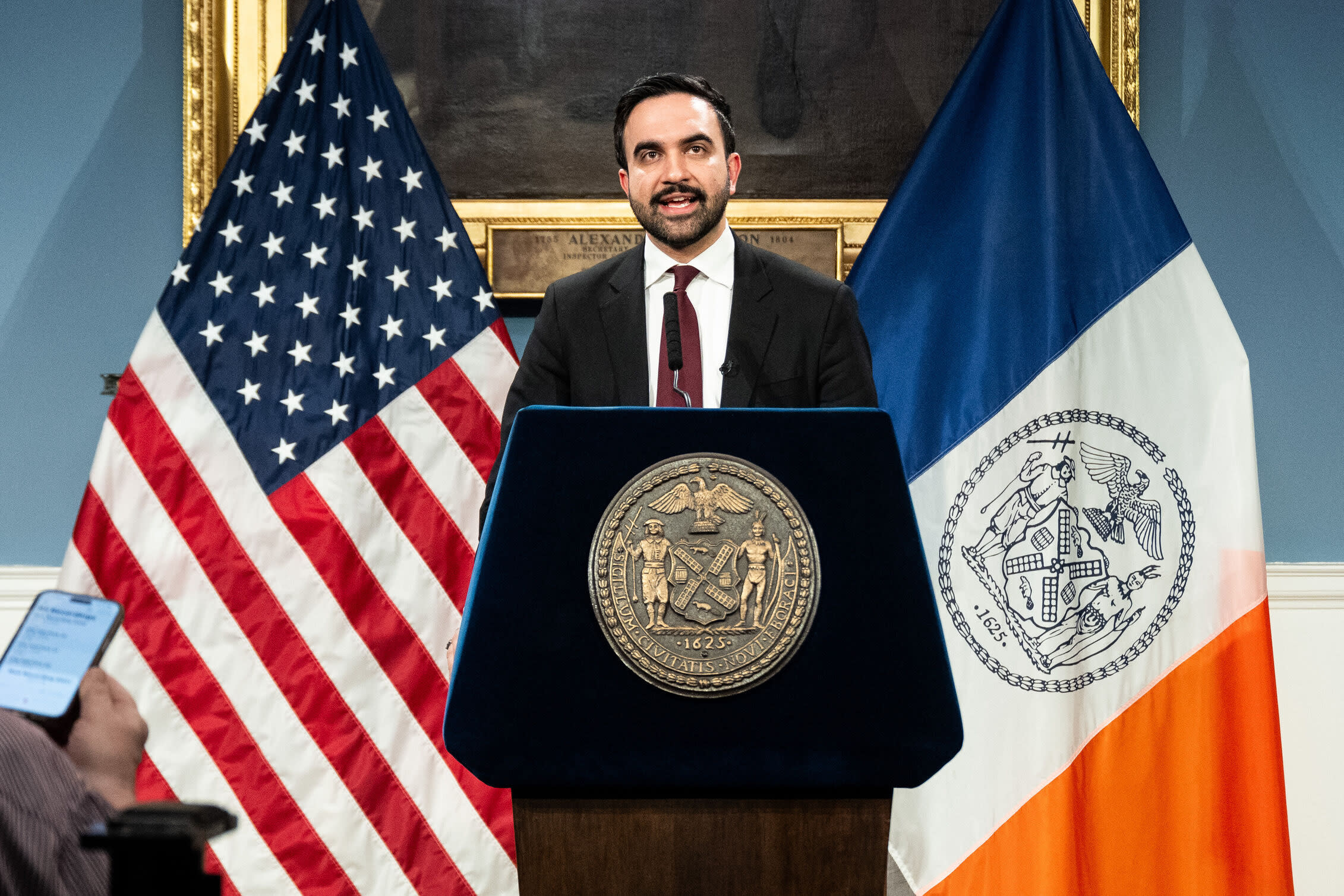How would you fix Social Security's big problems?
Think it’s pretty simple for politicians to fix Social Security’s funding gap? Just raise taxes and cut benefits, right? Well, those steps involve making some tough decisions about who’ll pay more in taxes and who’ll receive less in benefits.
Would you increase taxes for all workers, or just for the more highly paid? Would you reduce benefits across the board, or just for those with the highest-income? Would you treat older workers differently from younger workers? Would you cut benefits for current retirees, or only for those who retire after a certain future date?
While no agreement is in sight yet in Washington, it seems clear that some combination of various tax increases and benefit reductions will be necessary to close the significant gap between benefit Social Security outlays and revenues. This deficit is projected to grow to 1.8 percent of U.S. GDP over the next 30 years if nothing is done.
Why not take a shot at coming up with your own solution? Now you can, using a new game prepared by the American Academy of Actuaries. It analyzes various potential changes to the system and calculates the portion of the funding gap that each change could close.
The website also contains a few short videos that discuss the impact of these changes and illustrate what different people think about them.
The American Academy of Actuaries’ Social Security game illustrates that no single magic bullet can solve the system’s funding challenges. For example:
- A little more than one-third of the funding gap could be closed by gradually increasing the full retirement age for those born in 1960 and after from 67 to 69 by 2029, then increase the retirement age by one month for each year that follows.
- Almost three-fourths of the gap could be closed by subjecting all income to Social Security taxes and recognizing these wages for calculating benefits (currently, the maximum salary that’s taxed and counted for benefit calculations is $127,200).
- A little more than one-fourth of the gap could be closed by reducing future benefits for the top 40 percent of current wage earners.
- A little more than one-third of the gap could be closed by reducing future cost-of-living adjustments for current retirees by 0.5 percent.
Here’s one package from the game that completely eliminates that funding gap and spreads the pain among various groups:
- Gradually increase the retirement age for those born after 1960 from 67 to 68.
- Increase the maximum amount of salary that’s taxed for Social Security purposes and count the salary for determining benefits.
- Reduce future benefits for the top 40 percent of current wage earners.
- Reduce future cost-of-living adjustments for current retirees by 0.5 percent.
Of course, you can analyze many other combinations. For instance, you can see how to completely balance the system just by reducing benefits, which Democrats would strongly resist. (Hint: The cuts are pretty severe.) Or you could balance the system just by increasing taxes, which Republicans would strongly resist. (Another hint: You’ll need to raise taxes significantly and get buy-in from high-paid workers.)
In preparation, you may also want to view a few other short videos on the American Academy of Actuaries’ website that address the following common misconceptions about Social Security:
- Social Security is broke.
- Social Security won’t last.
- Social Security is a Ponzi scheme.
- Social Security trust funds don’t exist.
The American Academy of Actuaries is a nonprofit professional organization that provides objective, independent information about important financial issues facing America’s aging society. One of its missions is to help educate the public on critical issues that benefit from disciplined, effective actuarial analysis.
Learning about these issues is an important part of your retirement plan, as is voting according to who you see offering the best solutions.



